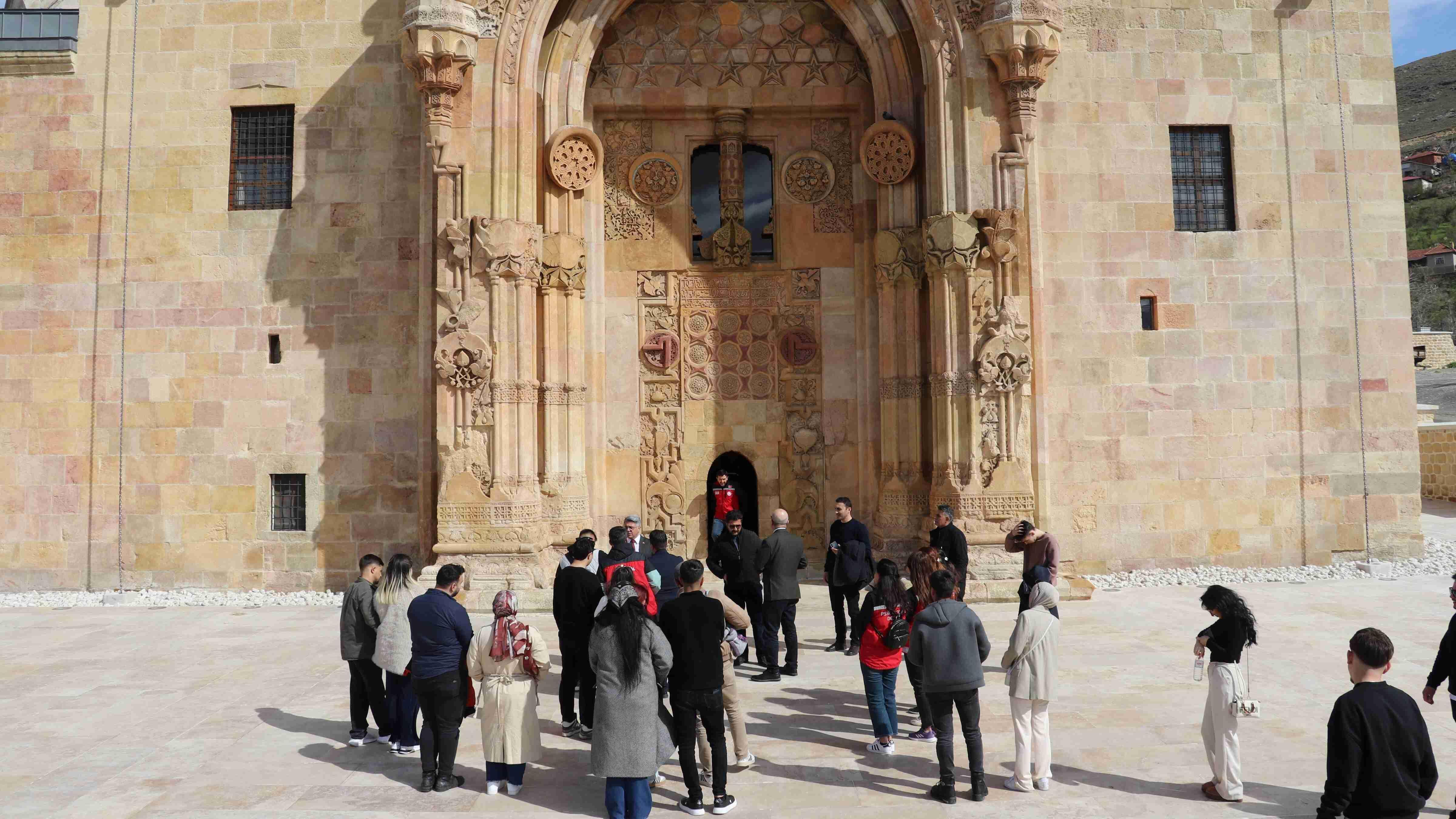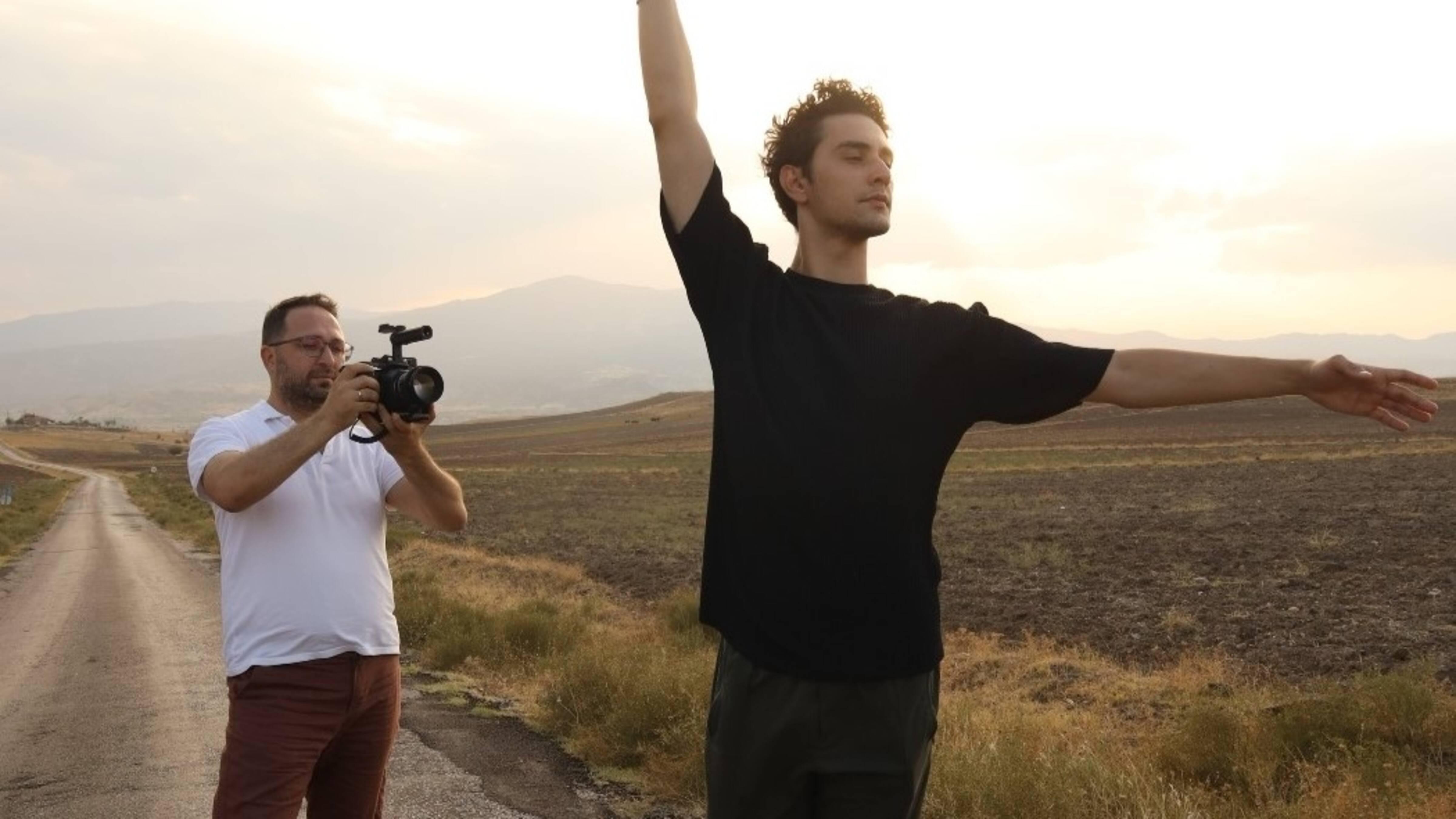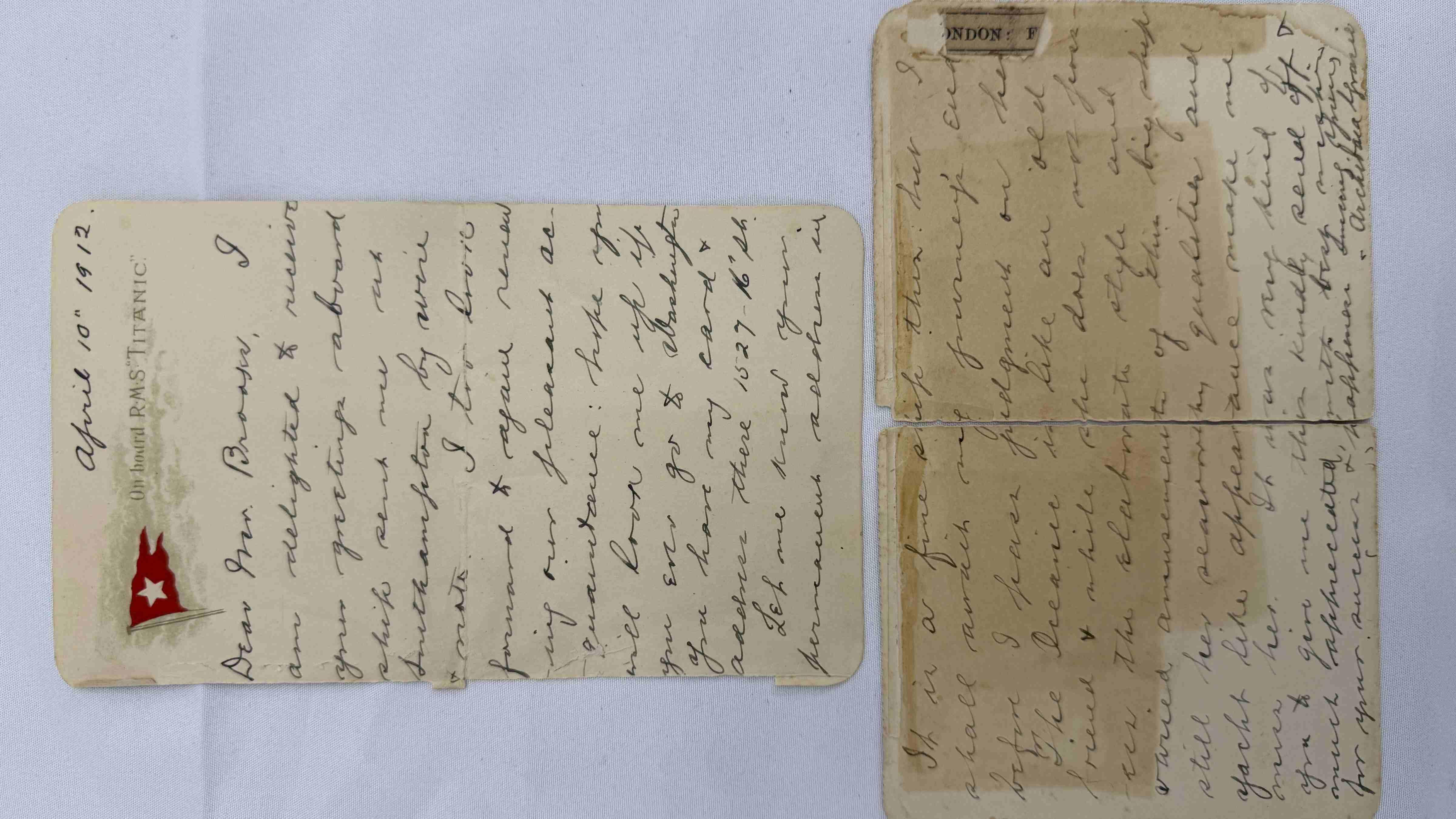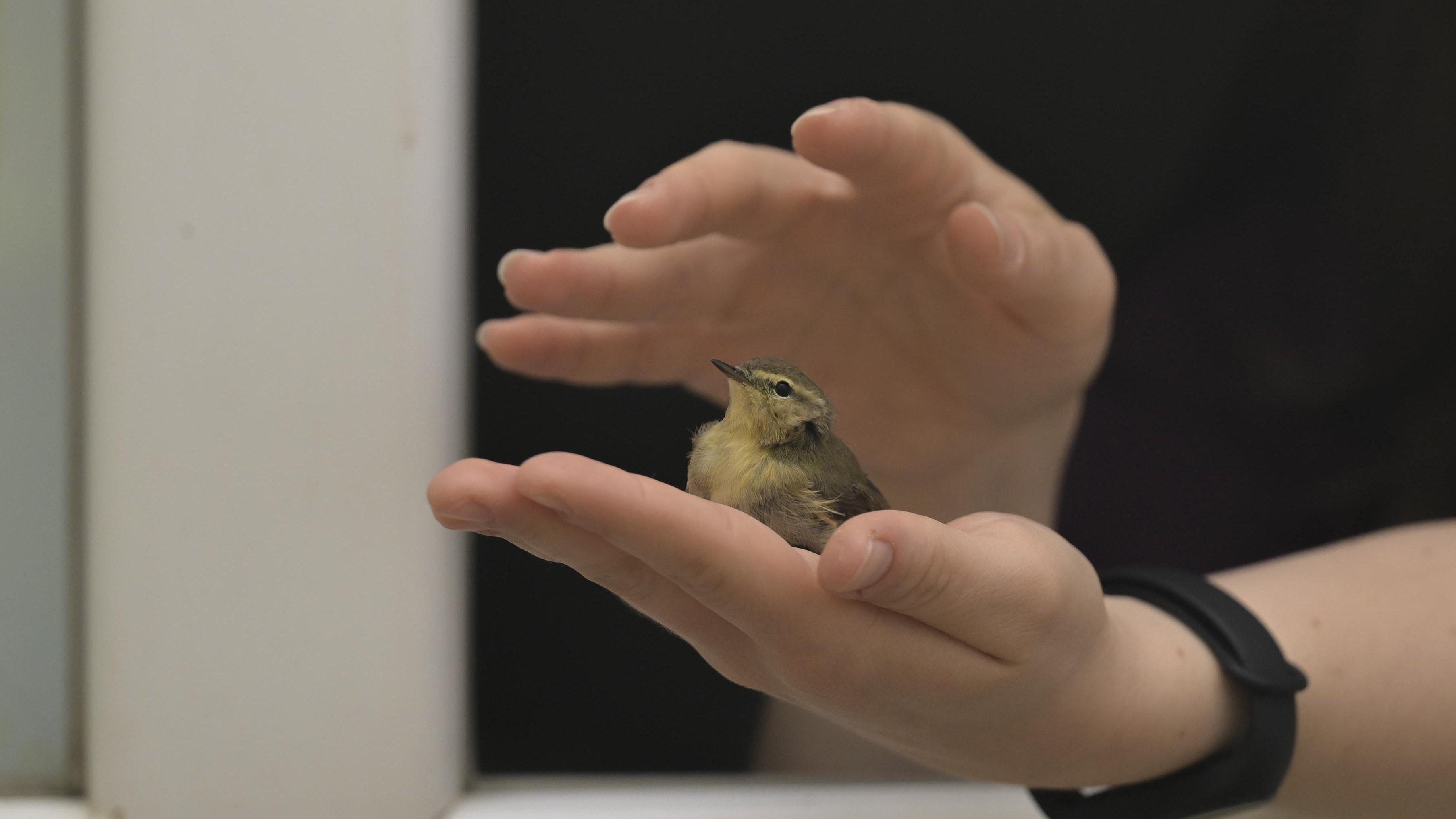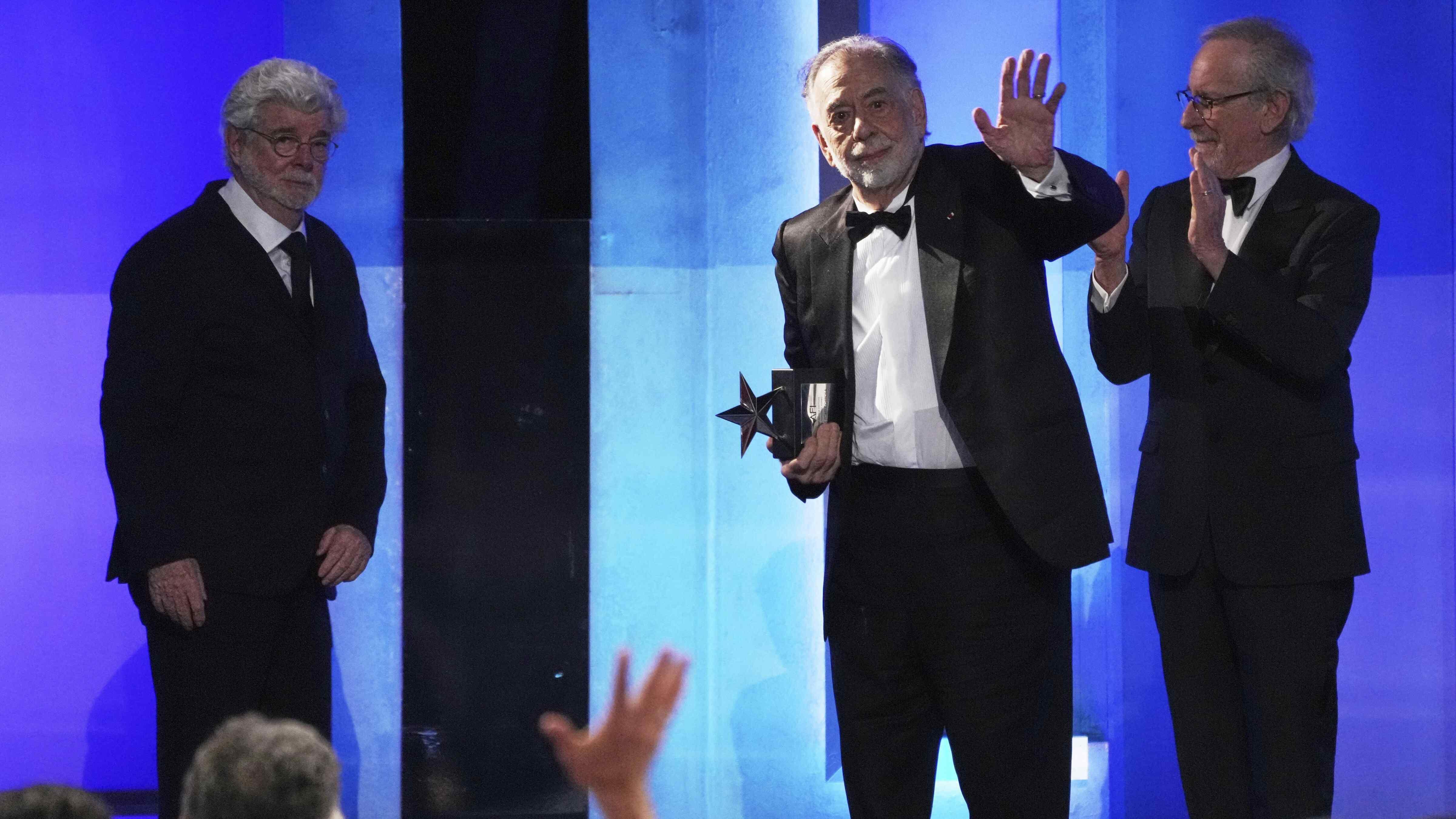Turkey crucial for peacemaking in Syria: Russian diplomat
ISTANBUL

As a regional power with leverage on the ground, Turkey is a key player in restoring peace in Syria, a Russian diplomat who took part in negotiations to bring a ceasefire in Aleppo has said.
Maria Khodynskaya-Golenishcheva, a senior adviser to the Russian Foreign Ministry, recalled that the negotiated ceasefire with the United States in eastern Aleppo in September 2016 lasted for just two weeks, because both powers had ignored regional players.
“We could not demilitarize the city as had been agreed. We first thought, it was lack of will on behalf of the U.S. Finally, we realized after discussing among ourselves, that it was something else. What was missing was the regional states were not on board. This is when the Russia-Turkey love affair emerged,” she told Anadolu Agency.
When the Russians reached out to Turkey and had an agreement, it was implemented quickly, she added, saying that “because the Turkish side had a good link and influence on the groups on the ground and they implemented it. The U.S. lacked such leverage.”
The author of two books, “Aleppo War and Diplomacy” and “Thorny Ways to Peace,” the Russian diplomat, with an extensive negotiating experience in Syria, was in Istanbul to participate in the Istanbul Mediation Conference organized by the Turkish Foreign Ministry.
Khodynskaya-Golenischeva, who has also worked at the Permanent Mission of Russia at the U.N. Office in Geneva, said the Aleppo issue sparked the search for better negotiation formats to resolve the Syria conflict.
She said even the 20-member International Syria Support Group (ISSG) co-chaired by the U.S. and Russian foreign ministers could not solve the Aleppo or the Idlib problem.
“Because we realized that the group was not focused, and we had too many people around the table and each one wanted to talk. We realized that we did not need talks, but action. And that is what mediation is about,” the diplomat added.
Turkey’s help changed situation
The Russian diplomat, currently serving in the Department of Strategic Planning in the Foreign Ministry, said after contacts with Turkey proved worthy in Aleppo, Moscow continued engagements and both sides agreed on a ceasefire in 2017.
“We, on our part, convinced Damascus to observe a cease-fire and Turkey played its part, convincing opposition groups to hold fire. In the north, it was easy, but Turkey managed to do it even in the south, which was difficult,” said Khodynskaya-Golenischeva.
She pointed out that Russia and Turkey, so far, have succeeded to create de-escalation zones in Idlib and parts of neighboring Latakia, Aleppo and Hama provinces; in the northern part of Homs province; in the Damascus neighborhood of Eastern Ghouta; in parts of southern Deraa and Quneitra provinces bordering Jordan.
“Main idea was to freeze the situation as it was, to stop fighting. Even if some big area was under the control of armed opposition groups. Believe me, since I was part of process, it was very difficult to convince Damascus. But we managed.”
US withdrawal
The diplomat also revealed that Russia had also launched a parallel process to get in touch with opposition groups directly and to other countries in the region like Egypt, Saudi Arabia, Qatar and the UAE. But, she said, overall it was Turkey that helped Russia and it was because of these efforts that the Syrian Constitutional Committee - made up of members of the opposition, civil society, and regime - began operating in Geneva recently.
When asked if Russia emerged as a main gainer in the process after U.S. President Donald Trump decided to withdraw troops from Syria, “It is not about gaining, it is about bringing peace and settling the issue,” she said.
In 2015 we intervened in the conflict. We came there because of our national interest. Many of our citizens joined fighting in Syria, which was a problem for us. We had to protect ourselves from an impending disaster. We tried and were part of almost every process to seek peace and stability in the region. After testing all the doors, we proposed dialogue with Turkey,” she added.


